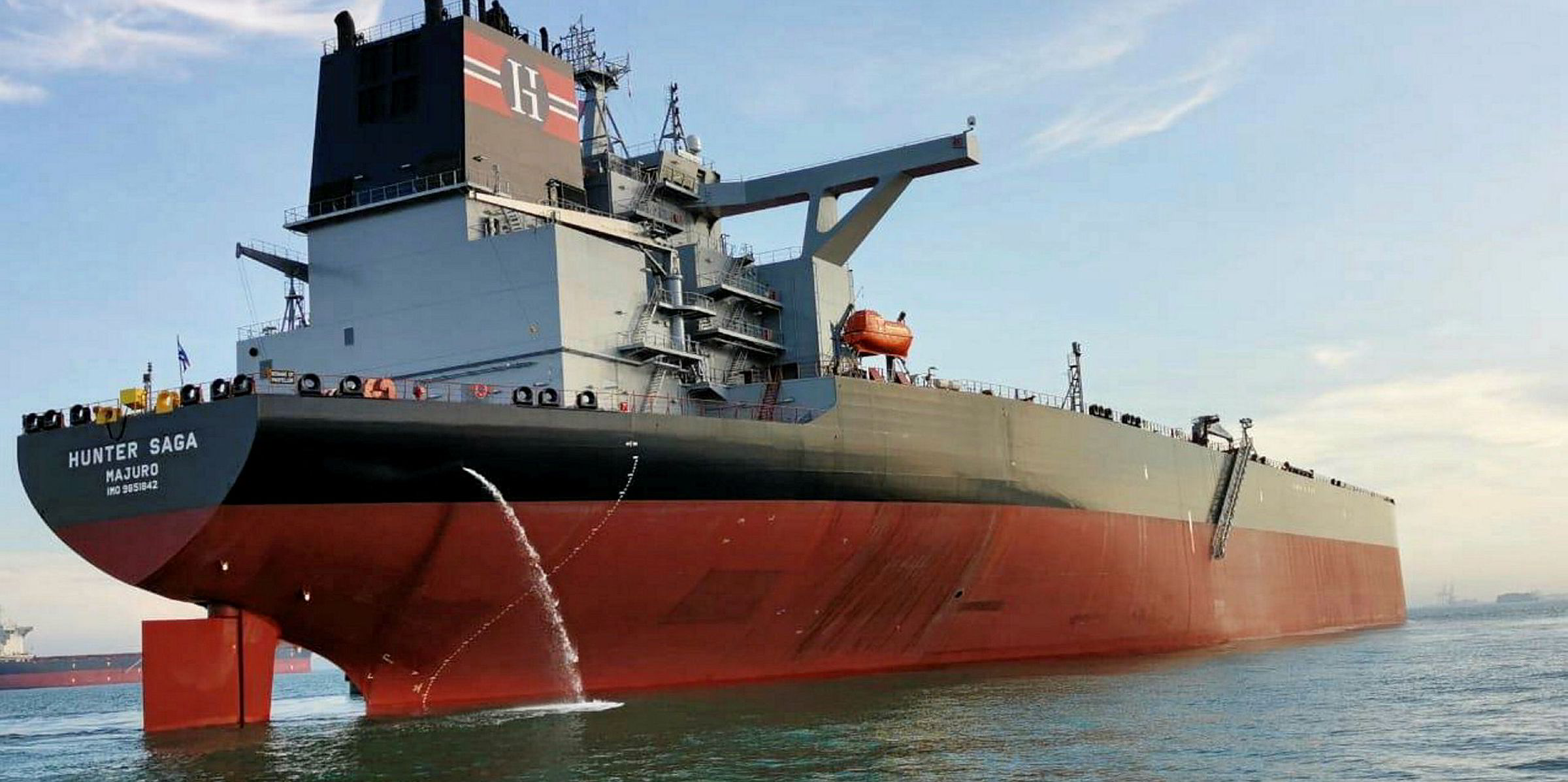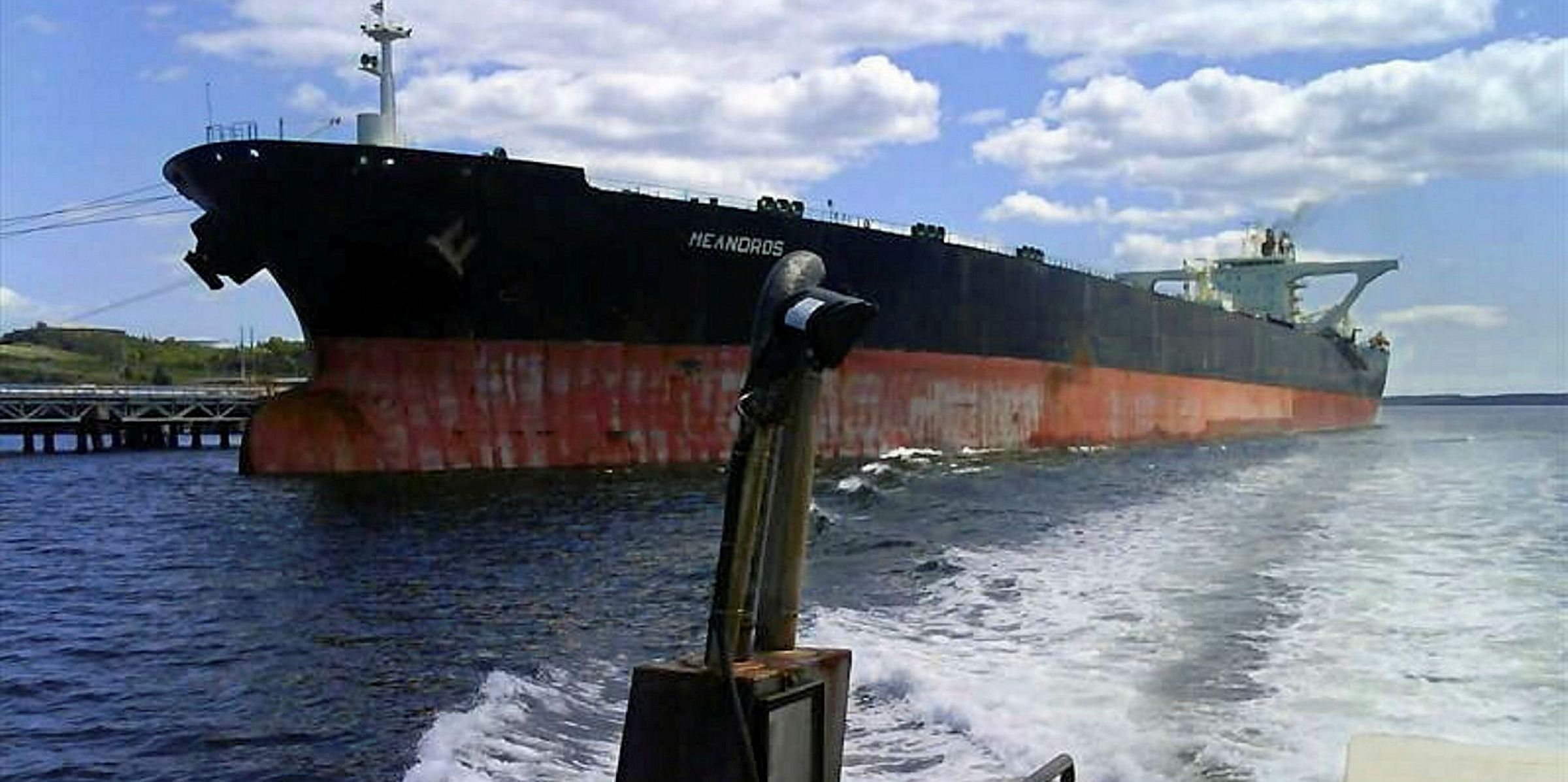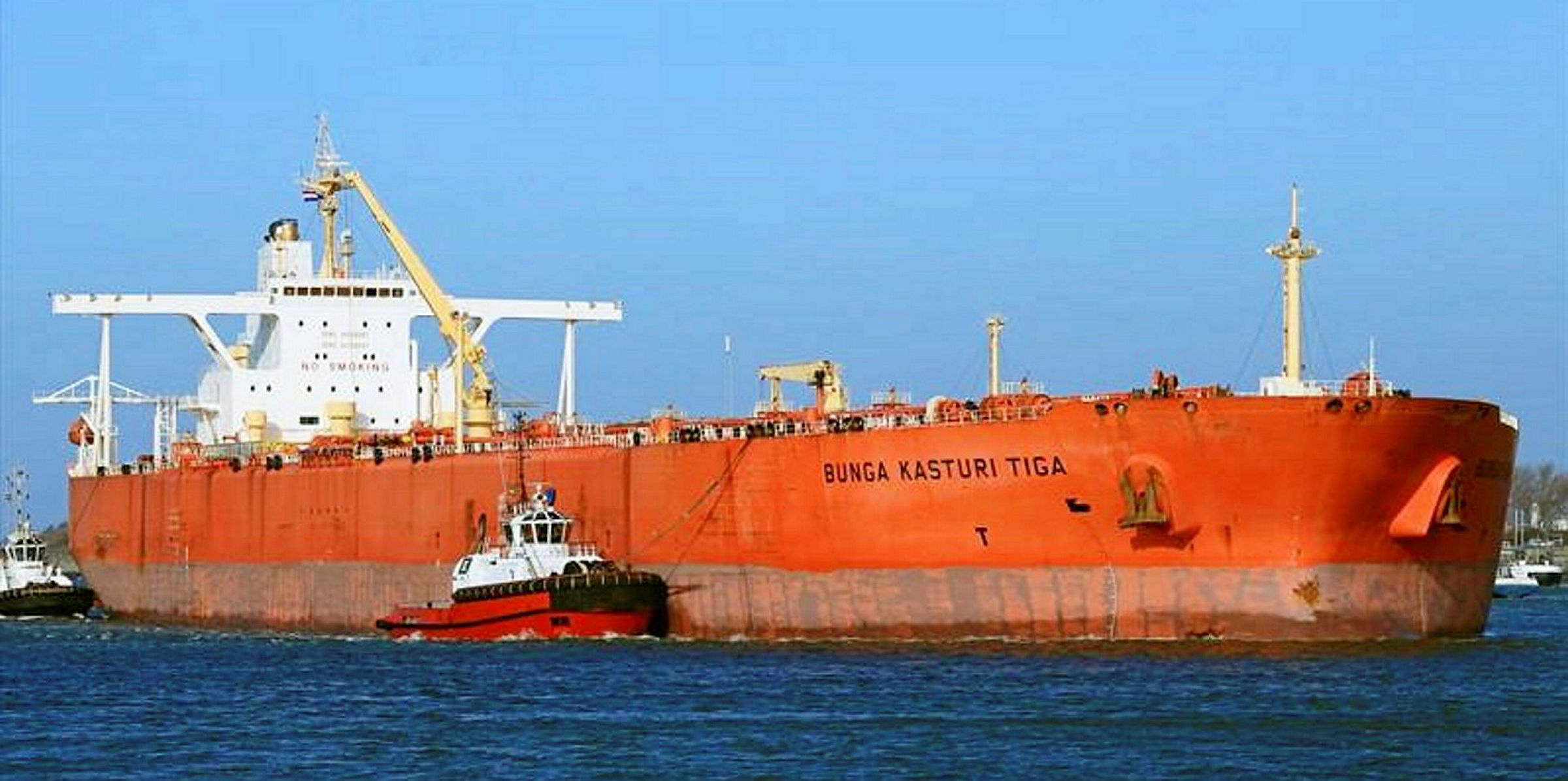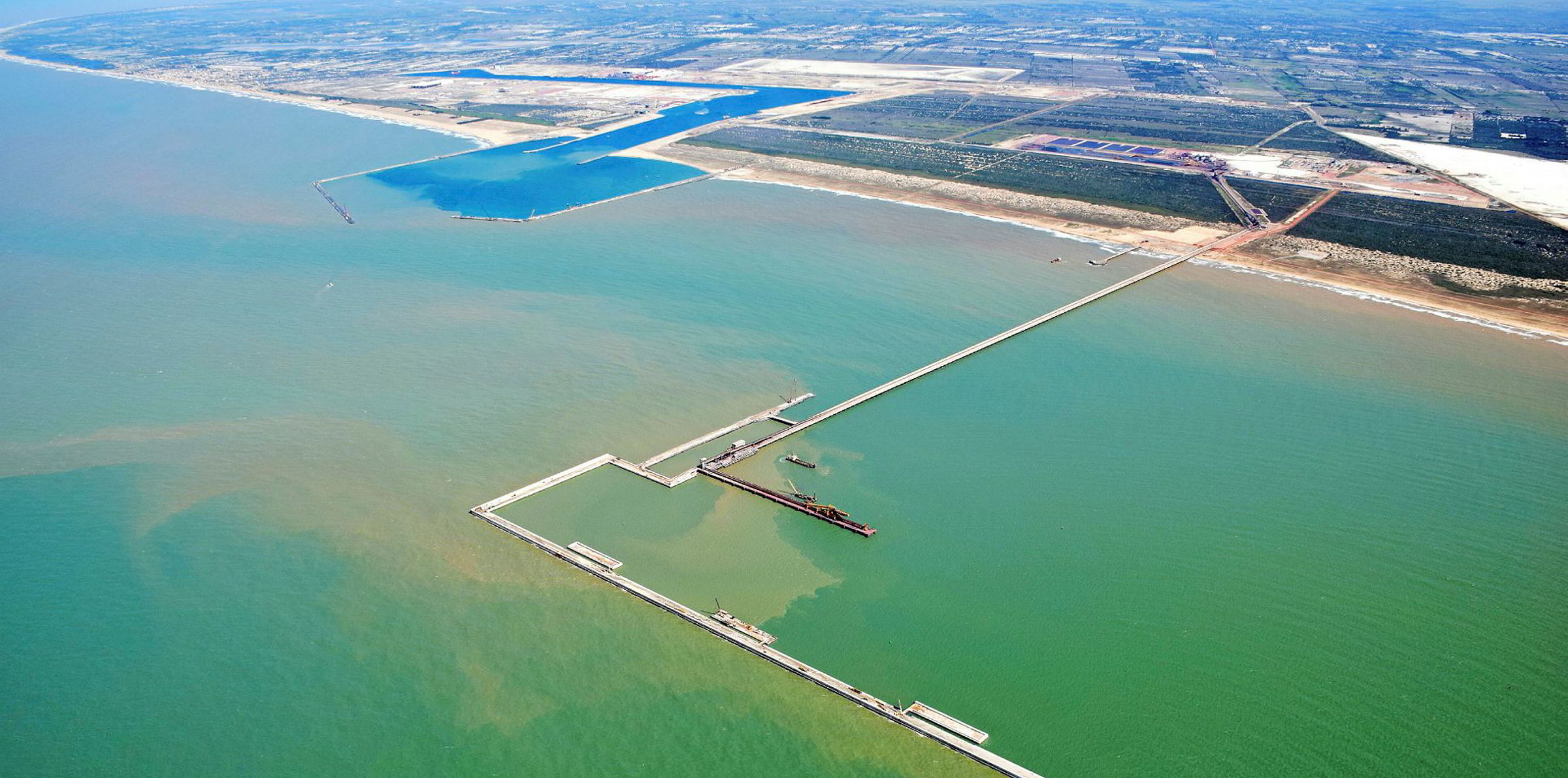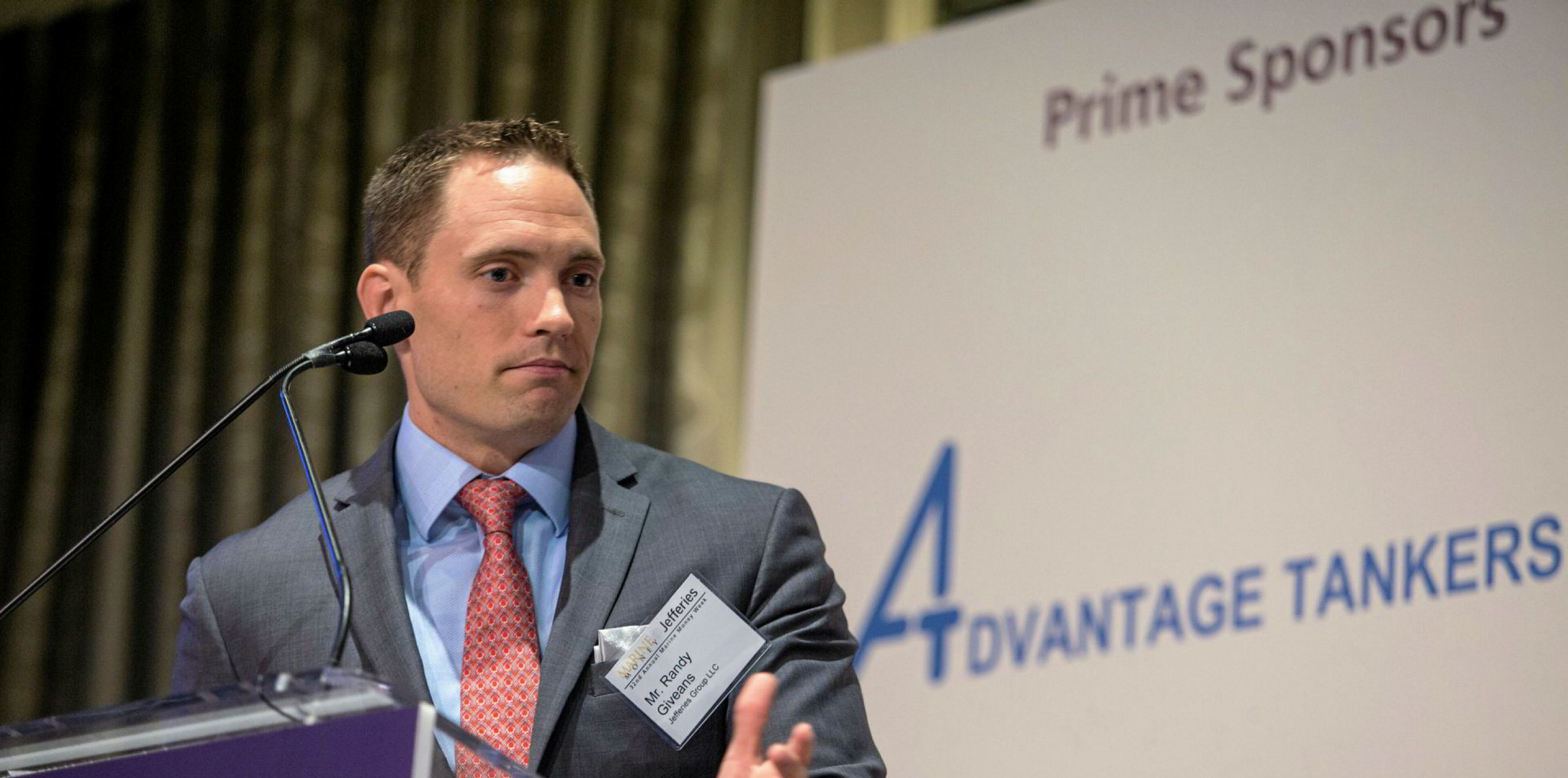A recent burst of VLCC sale-and-purchase activity has once again illustrated the "disconnect" between tanker company share prices and net asset value (NAV).
Hunter Group and AET have been linked to disposals in recent days, but even declining secondhand prices serve to highlight trading discounts for publicly listed shipowners, analysts said.
Oslo-listed Hunter is said to have lined up a sale on subjects of two VLCCs — the 300,000-dwt, scrubber-fitted Hunter Laga and Hunter Saga (both built 2019) — for $84m each to state-run energy company Adnoc in Abu Dhabi.
This is 3% below Fearnley Securities’ price estimates and level with Norwegian investment bank Clarksons Platou Securities.
Fearnley has Hunter's steel value pegged at NOK 4.20 ($0.46) per share, against an actual price of NOK 3.40 in Oslo on Monday morning.
Wide discount
"The price point clearly highlights the wide NAV discount found within the tanker group," analysts Espen Landmark Fjermestad, Peder Nicolai Jarlsby and Ulrik Mannhart said.
They assessed Teekay Tankers and International Seaways at 50% below NAV, while Okeanis Eco Tankers trades at 40% below and Euronav at a 20% discount.
Clarksons Platou Securities, a unit of shipbroking giant Clarksons, said the Hunter deal had not yet been concluded as of the end of last week.
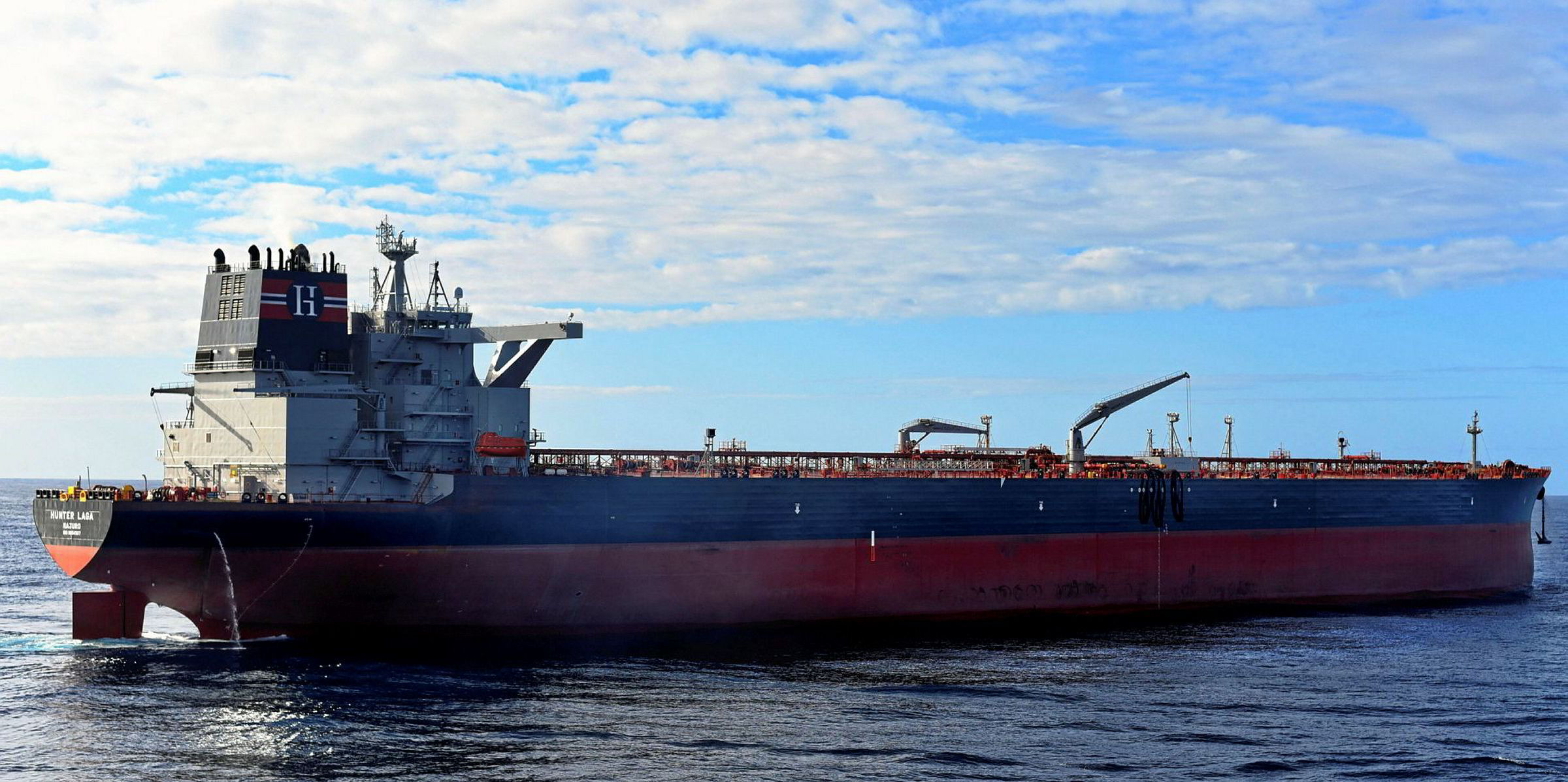
"The price reported is in line with our valuations, though our figures are for non-scrubber vessels while the Hunter ships are scrubber-equipped," the investment bank said.
"Thus these potential sales reflect a further decline in overall values."
Clarksons Platou is assessing five-year-old VLCCs at $65m, down from $75m at the start of the Covid-19 pandemic in the spring. This is a drop of 13%.
Cheap ships?
Brokers have described the $84m price tag for the Hunter ships as "cheap", pointing to a VLCC newbuilding that sold in August for $90m.
But Fearnley said Hunter, with $52.5m of debt per vessel, would release more than $60m of equity if it concluded the deal, leaving a 2020 cash balance in excess of $100m or nearly 50% of the current market capitalisation.
"We believe the net proceeds could be distributed or used for share repurchases in order to reduce the NAV discount," the bank's analysts said.
"Moreover, there is also talk of another Hunter vessel for sale at a similar price."
Last week, Malaysian-owned AET was said to have sold the 300,400-dwt Bunga Kasturi Tiga (built 2006) for $31m.
Meanwhile, VLCC spot rates from the Middle East Gulf to South Korea were struggling at $8,200 per day, down 66% month on month.
No news is not good news
Brokers said activity was still slow and that a couple of older vessels were reported provisionally booked out of the Middle East Gulf, but with no rate details.
They added that this means they have likely been concluded at a lower level that owners prefer to keep off the market.
However, with November cargoes coming to market this week, coupled with remaining October cargoes to be covered, it is hoped activity will improve.
A boost could also be on the way from Libya, where the National Oil Corp (NOC) said a deal has been agreed with the Petroleum Facilities Guards militia group to lift a force majeure at the country’s biggest field, Al Sharara.
This field can produce 315,000 barrels per day, which is the equivalent of a suezmax cargo every three days, but it has been largely shut since January because of the country’s ongoing civil war.
Ready to pump again
"Instructions have already been given to Akakus Oil Operations, the operator, to start production arrangements subject to the standards of general security and safety precautions and the safety of the operations," NOC said.
Fearnley said: “With a fragile oil market backdrop, Libya pushing further volumes into the market could mean we yet again face an oversupplied oil market and, given elevated inventory levels, this could again push the oil market into contango, creating a potential floating storage scenario once again.”
Looking at the bigger picture, the analysts believe a full-blown Libyan comeback could pose a risk to the current Opec+ output deal, with members potentially looking to get ahead of the curve and push oil into the market.
"Whilst this would be supportive for the tanker market near-term, this would leave even further downside risk on 2021 earnings as it would postpone the oil market rebalancing," Fearnley warned.
